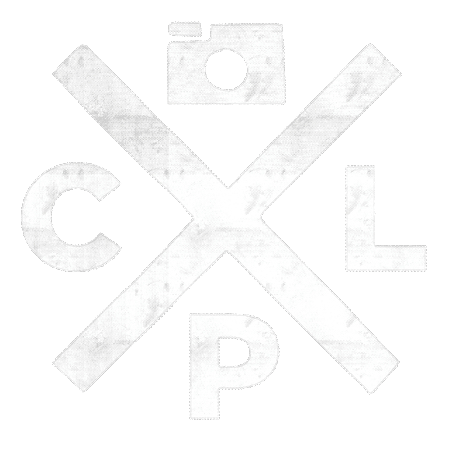Kim Westerskov is a name many of you won't know. In the circles of NZ and wildlife photography he is revered. You mention him to another photographer and generally they'll go 'Oww, you know him?!' In truth I don't, not really.
check out this article on Kim
Very early on I became aware of his work. Somewhere, somehow I knew that the acclaimed Antarctic wildlife photographer had his roots in surfing. In the early '70's he was getting images published in NZ surf magazines and Surfing World. In the late '80's I became fascinated with underwater photography. I worked and a Surf'n'Dive shop at the time and my guess is that's how his work started to inspire.
Amongst a long list of accolades Kim is a 5x BBC Wildlife Photographer of the Year. The BBC's are the world's most prestigious photographic awards. He has authored a staggering 18 books, not to mention the many he has supplied images for. You're getting the idea... he's the real deal.
Just this summer we caught up for a coffee. I was fan boying out. As it turns out Kim shares a deep connection to the west coast. He has regularly spends weeks in his campervan exploring the coast.
We are from different generations; Kim is 20 years my senior, but we do come from a similar era of photography. We were both schooled and versed in film. Both started pro shooting in analogue. Both have endured the transition from film to digital and the negative impact that has had on our profession.
Wait, you say, what, negative impact? Well, firstly there's no question that the advent of digital was always going to come. We can all shoot more and for longer. Digital photography has opened the world to being more visual and it has made photography more accessible. These are good things. But it has also meant more people can shoot what used to regarded too hard. Swimming out into the ocean with a roll of only 36 exposures was reserved for the most determined. Where once images taken from in the briny were valued and respected for the effort made to get them, now we are saturated [pun intended].
Nowadays these images are better than ever before. That's awesome, truly. More people shooting more means there is going to be a higher standard. But it also means we've all become hardened critics, to be wowed it has to be something extraordinary.
The digital revolution has devalued our trade. I'm not complaining, it's just a fact. Evolve or die. And these are the types of issues two veterans talk about over coffee. How to survive the revolution.
Kim has adapted well. He mentors, talks and leads classes. He gives back, sharing his vast skill set. In fact just talking to Kim you see him animate and get excited about sharing all that is photographic.
He's a photographer's photographer. He doesn't get too tied up in how the image was made, it is all about why and what the image is of. He thrives on the concepts of getting under the skin of the subject. He's still driven by the desire to convey and evoke emotion.
This week we caught up for a coffee again... code for two and a half hours of blissful geek talk. New software, better workflows, social media domination... all that boring stuff. But what really stuck was Kim's love of his craft. Here's a sample; the evening before we were hoping to meet up for a photo mission to Karekare, I got stuck in town. Kim scored an insane sundowner session, he was so rev'd up and in the moment he stayed on the beach shooting until midnight. Now he moves on to Whatipu for a few days shooting, before returning to Piha to capture the big swell that's about to hit.
If you have ever considered taking a class, this is the guy. Check out Kim's work and website HERE
The Book Store
Wanna check out the Photo CPL Media books? Well the link is HERE
10 years of Publishing Hard covers and no sign of stopping anytime soon :)



